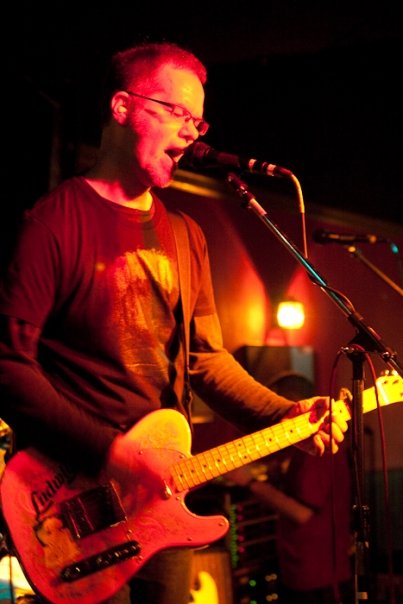Apologies for the incredible shrinking text. Blogspot seems to be having a problem with it at the moment.
____________________________________________________________________________________
People forget how rarely teams have been able to begin a season by teaming up three Hall-of-Fame caliber players at or near the peak of their careers. The ’69 Lakers tried it with Wilt, West and Baylor; by the time that team won a title in 1972, Baylor was gone. The next time was the 2007-08, when the Celtics traded for Garnett and Ray Allen. (Other teams accumulated three greats, but I can’t recall anyone other than these two teams uniting all three at the outset of one season.)
____________________________________________________________________________________
People forget how rarely teams have been able to begin a season by teaming up three Hall-of-Fame caliber players at or near the peak of their careers. The ’69 Lakers tried it with Wilt, West and Baylor; by the time that team won a title in 1972, Baylor was gone. The next time was the 2007-08, when the Celtics traded for Garnett and Ray Allen. (Other teams accumulated three greats, but I can’t recall anyone other than these two teams uniting all three at the outset of one season.)
This summer marked the third time in the NBA’s 64 year history a team has been able to bring three elite players together; at this point it’s questionable whether you can put Bosh in the elite category, but let that pass. With just a third test case, this is still largely unknown territory, more so because in this case all of these players are young and at their peaks.
What are the Heat missing? Size, a point guard, and players who can do the dirty work. Roster issues, essentially, which a wily GM like Pat Riley can sort out over time. But the primary reason the ’69 Lakers and the ’08 Celtics came together is because of something the Heat don’t yet have: desperation. How much desperation can a 25, 27 and 28 year old muster, especially when the oldest of that group already has a ring?
Pierce, Garnett and Allen had played a combined 33 seasons without a Finals appearance, much less a championship. It’s pretty easy to see how three veterans on the wrong side of 30 could sublimate their games in order to raise a banner. Throw in the fact that Garnett’s ego fed off defense and rebounding; that two offensive-minded All-Stars bought into playing in your face defense; and that the relatively small overlap in the skills of those three players allowed them to blend more easily, and no wonder the Celtics took the league by storm. But they did that through defense, the ultimate barometer of effort. At every juncture, they played like a team that needed to prove something.
Will the Heat become that team? The more I think about it, the more I believe they won’t. Not because Pat Riley won’t be able to solve their roster issues; not because their coach (be it Spoelstra, Riley or someone else) will be unable to eventually get through to them; not because of any of the main guys involved is allergic to work; not because every non-Heat fan wants them to fail.
The 2008 Celtics came together as a blank slate. The players were open to adjusting their games and playing in a different style, because the manner in which they’d competed for more than ten years had netted them nothing but individual acclaim. The fans knew the team’s window of opportunity was short, but didn’t expect a championship in the first season.
The Heat entered the season welcoming lofty expectations, only to find that early failures have turned those expectations into albatrosses or worse, sources of derision and mockery. They have two of the five best players on the planet, only they don’t play well together; yet neither of them currently believes they can or should change their games. The path they’re following could lead to championship—even multiple championship—glory, but I think it’s more likely they’re headed towards disillusionment. In 2007, Paul Pierce was happy to get any kind of quality help the Celtics could provide him, and what he got were two very different players as hungry and desperate as he was to get to the promised land. In 2010, three young men got together looking for a good time, and only a short time into the trip find only conflict, angst and scorn. Something tells me that at the end of the ride, they’ll be taking separate cabs home.
_____________________________________________________________________
PS: Tony Massarotti of the Globe wrote about this in a different form today. I think his central idea--that Pat Riley should make it clear that it's the players who are responsible for getting out of this mess--is sound. But I'd be surprised if Riles makes that statement. I'll let you read it and draw your own conclusion.
_____________________________________________________________________
PS: Tony Massarotti of the Globe wrote about this in a different form today. I think his central idea--that Pat Riley should make it clear that it's the players who are responsible for getting out of this mess--is sound. But I'd be surprised if Riles makes that statement. I'll let you read it and draw your own conclusion.

No comments:
Post a Comment